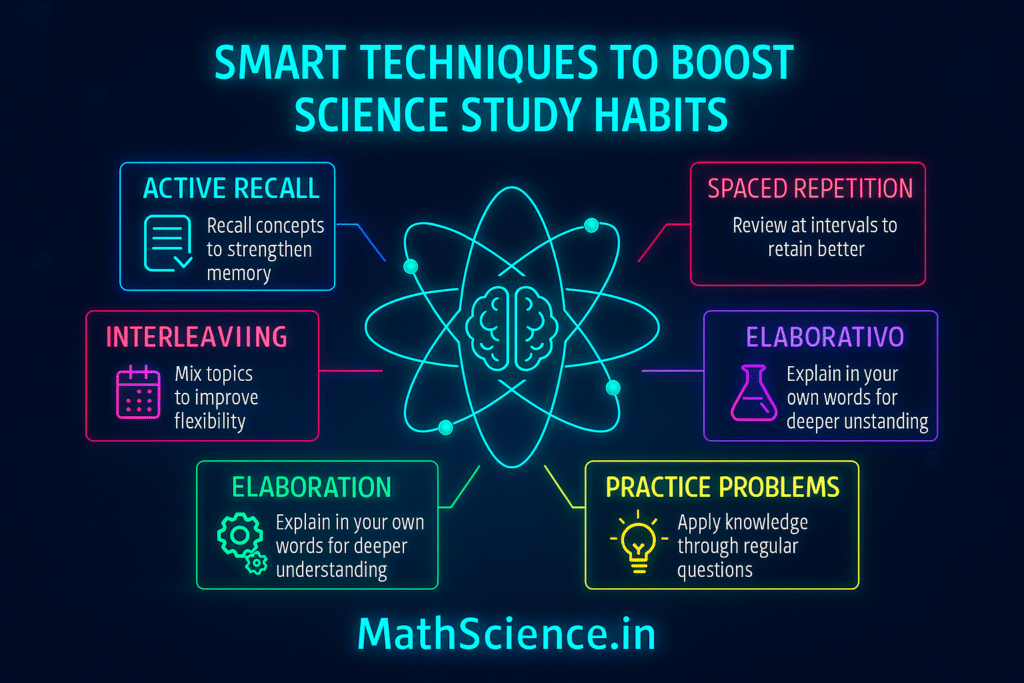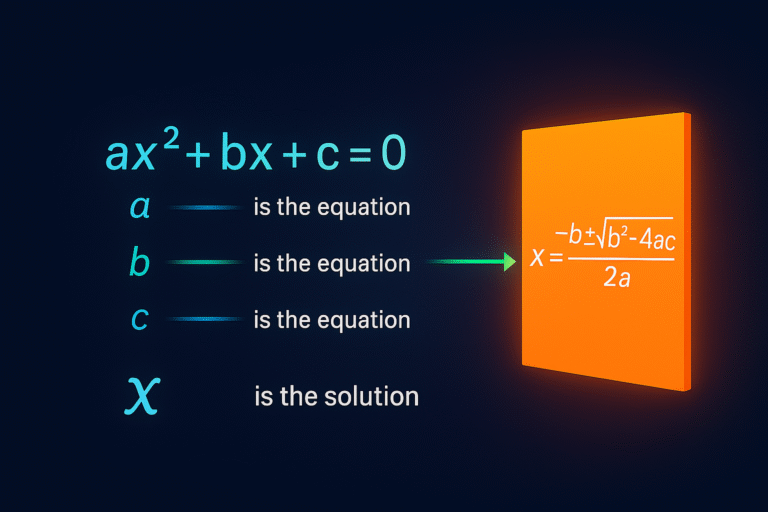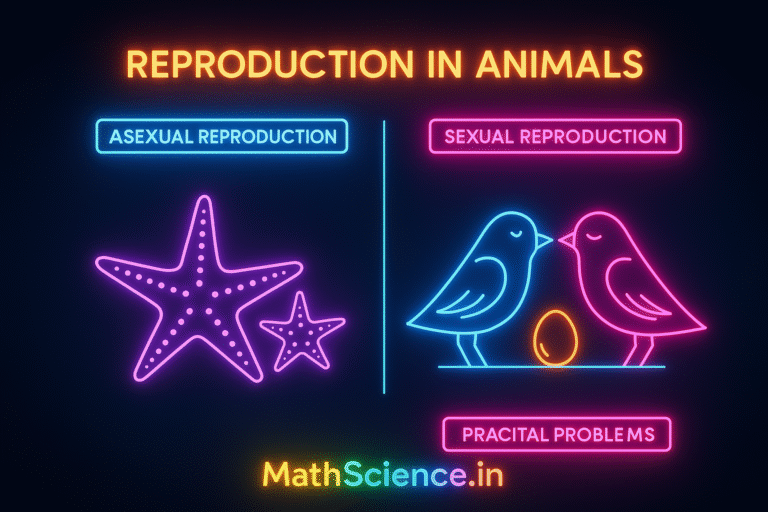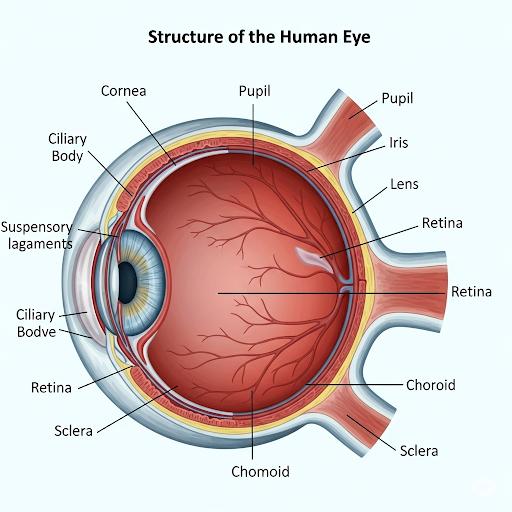Smart Techniques to Boost Science Study Habits
Studying science can be both fascinating and challenging. Whether you’re in Class 9 or preparing for NEET, science requires smart strategies rather than just long hours. In this blog, you will learn Smart Techniques to Boost Science Study Habits to improve retention, understanding, and performance in exams.

Master Science Study Habits 🔬
Smart Techniques for Students
Why You Need a Smarter Approach to Science
Science isn’t just about memorizing facts; it’s about understanding concepts, applying formulas, and connecting ideas. To truly excel, you need a study strategy that goes beyond simple rote learning. These techniques will help you transform your study habits and achieve better results.
Top Study Techniques
Technique 1: The Active Recall Method
Instead of passively reading your notes, actively try to retrieve information from your memory. After reading a paragraph, close your book and try to explain the concept out loud or write it down. This strengthens your memory and helps you identify weak spots.
Technique 2: The Feynman Technique
Named after Nobel Prize-winning physicist Richard Feynman, this method involves teaching a concept to someone else (or even an imaginary student). By explaining it in simple terms, you’re forced to truly understand it.
Technique 3: Mind Mapping & Flowcharts
For subjects like Biology and Chemistry, visual aids are essential. Create mind maps to link related topics and flowcharts to understand processes and reactions. This visual approach makes complex information easier to remember and recall.
Technique 4: Consistent Practice
Science is a hands-on subject. Solve a variety of problems from your textbook and question banks. For Physics, practice numericals daily. For Chemistry, write and balance equations. For Biology, practice drawing and labeling diagrams.
🛍️ Get the best Class 10 Science Question Bank – Includes NCERT-based MCQs, Mind Maps, and Concept Videos.

Smart Techniques to Boost Science Study Habits
🧠 1. Understand, Don’t Memorize
Many students try to cram scientific facts. Instead, try to understand the concept behind every law, formula, and process.
- Study diagrams deeply, especially in Biology and Physics.
- Watch animations and visual learning tools to grasp abstract topics like electricity or evolution.
- Summarize what you’ve learned in your own words.
📘 2. Use the NCERT Smartly
NCERT is the foundation of CBSE science exams. Here’s how to use it effectively:
- Read theory line by line.
- Mark important terms and definitions.
- Solve all NCERT questions after each chapter.
🔗Class 9 Science Chapter-wise NCERT Solutions
📊 3. Create Summary Notes & Flashcards
After reading a chapter, create 1–2-page summary notes for each topic.
- Use bullet points for concepts and important facts.
- Create flashcards for chemical reactions, definitions, and formulas.
🛒 Printed Revision Flashcards for Class 10 Science – Easy to carry and quick to revise.
🎯 4. Practice Regularly – Solve Questions Daily
Conceptual clarity only comes through practice.
- Solve sample papers, previous year questions, and HOTS (Higher Order Thinking Skills).
- Use a timer to improve speed.
🔗 Class 10 Science Sample Paper with Solutions.
⏱️ 5. Follow the Pomodoro Technique
Avoid long, tiring study sessions. Instead:
- Study for 25 minutes
- Take a 5-minute break
- After 4 sessions, take a 15–20 minute break
This boosts concentration and helps retain information better.
📹 6. Learn with Visuals (Videos, Infographics, Mind Maps)
Science is full of processes and structures. Learn visually:
- Watch YouTube videos on difficult topics like DNA replication, acid-base reactions, or electric circuits.
- Use mind maps to revise full chapters at once.
🧠Life Processes Class 10 Mind Map + NCERT Solutions.
🛍️ Get Science Concept Revision Charts – Visual learning boosters.
🧪 7. Perform Virtual or Real Experiments
Practical knowledge improves your understanding drastically.
- Use school labs or virtual lab simulations (like on OLabs or Phet).
- Focus on Class 9 & 10 experiments like:
- Determining pH
- Law of Conservation of Mass
- Displacement reactions
🧬 Acids, Bases and Salts Class 10 Explained
📝 8. Solve Doubts Immediately
Don’t let confusion pile up.
- Join online doubt-solving forums
- Use apps like Doubtnut or ask your teachers directly
🛍️ Join Class 10 All-in-One Science Online Coaching – Covers syllabus + weekly doubt-solving sessions.
💻 9. Use Digital Study Tools
Many apps and websites can help in smart learning:
- Khan Academy, Toppr, Embibe – for videos and quizzes
- ChatGPT – to clear doubts and generate practice questions
- Use PDF converters and apps to create your notes on the go
🔗 Free Class 9 Motion Chapter with Solutions for extra learning.
🛏️ 10. Sleep Well, Stay Healthy
Your brain needs rest to consolidate memory.
- Avoid late-night cramming
- Eat brain-boosting foods: fruits, leafy greens, nuts
- Drink water often
🛍️ Buy Student Sleep & Focus Tracker Journal – Helps keep learning on track.
📚 11. Make a Weekly Plan
Plan what chapters to study and when. Don’t over-schedule.
- Include time for revision, doubt-solving, and practice.
- Reserve weekends for full mock tests or paper-solving.
🔗Class 10 Full Chapter-Wise Revision Plan
🧑🏫 12. Group Study – But Smartly
Discuss concepts and test each other. Don’t turn it into a gossip session.
- Allocate chapters
- Teach each other (Feynman Technique)
- Set question challenges
📑 13. Write Your Own Questions
After reading a topic, try to form your own:
- Fill in the blanks
- Reasoning questions
- Match the following
📌 14. Set Rewards and Stay Motivated
Reward yourself after completing each task:
- Watch a video
- Play a short game
- Listen to music
These mini-rewards keep burnout away.
🧭 15. Focus More on Weak Chapters
It’s easy to revise strong topics repeatedly. But focus on:
- Revisiting weak concepts
- Watching extra videos
- Asking more questions
Track progress weekly.
🔄 16. Revise Daily in Micro-Blocks
Even if you studied a topic once, regular revision ensures long-term memory.
- Spend 10–15 minutes revisiting older topics daily
- Highlight keywords and draw memory maps
🛍️ Science Revision Book with Micro-Topic Charts
📝 17. Solve Full-Length Mock Papers
Practice with complete 1–3 hour mock tests every week.
- Try sample papers
- Get feedback from mentors or teachers
- Identify mistake patterns
🔗 Class 10 Science Sample Papers (Solved)
📱 18. Stay Away From Distractions
Science requires concentration. Avoid:
- Long social media usage
- Excessive YouTube or Netflix
- Phone distractions during study hours
Use tools like Forest App or StayFocused Extension.
💬 19. Teach Back What You Learn
Explaining a concept to someone else is the best way to learn it.
- Teach a friend
- Record yourself explaining a topic
- Create your own notes or mini guide
🧩 20. Stay Curious – Ask “Why” and “How”
Science is about curiosity. Ask more questions:
- Why does ice float on water?
- How does your body fight diseases?
- What causes seasons?
Use curiosity to dive deeper and retain more.
🏁 Conclusion
Building smart science study habits is all about consistent effort, smart tools, regular revision, and curiosity. You don’t need to study for 10 hours a day—you need to study effectively with the right strategy.
📥 Get More Resources:
🔗 Official NCERT Textbook PDF for Class 10 Maths Chapter 4 – Quadratic Equations:
- NCERT Resources (for Class 10):
In conclusion, mastering science requires consistency, curiosity, and the right strategies. By applying Smart Techniques to Boost Science Study Habits, students can overcome fear, build confidence, and develop a deeper understanding of concepts. Whether it’s using mind maps, visual learning, or timed practice, these Smart Techniques to Boost Science Study Habits will enhance retention and performance.
Parents and teachers must also encourage students to adopt these Smart Techniques to Boost Science Study Habits in their daily routines. Ultimately, success in science is not about memorizing facts but using Smart Techniques to Boost Science Study Habits that make learning enjoyable and effective. Let every student take a step forward with these Smart Techniques to Boost Science Study Habits and unlock their full potential.







👍👍👍👍
Thank you